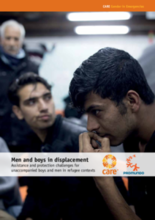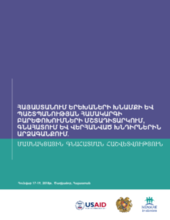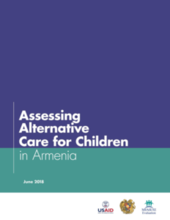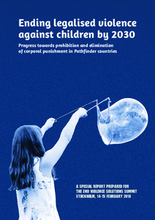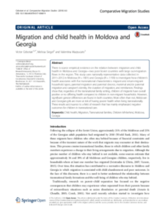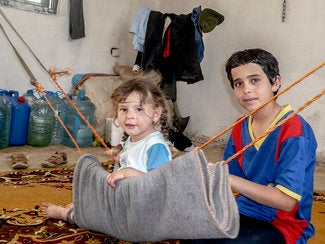

Displaying 41 - 50 of 171
This paper explores how unaccompanied refugee children from Syria made their way to destination countries and how they become unaccompanied and the consequences of being unaccompanied.
This report presents findings from assessments of the care systems in Armenia, Ghana, Moldova, and Uganda by system component and areas of care, and summarizes recommendations for strengthening alternative care systems.
With a focus on the situation in Lebanon, Turkey, Jordan, and Greece, this report aims to provide a better understanding of the gendered impact of the refugee crisis on unaccompanied adolescent boys, aged 13 to 17, and men, single or living separately from their families; and to highlight actual and potential gaps in the humanitarian response.
This report, in Armenian, presents the findings of an assessment workshop aimed at bringing together key stakeholders—decision makers, policy developers, service providers, civil society representatives, and donors—to assess and identify the main care reform areas in which action is needed.
This report presents the findings of an assessment workshop aimed at bringing together key stakeholders—decision makers, policy developers, service providers, civil society representatives, and donors—to assess and identify the main care reform areas in Armenia in which action is needed.
UNICEF is seeking a Child Protection Specialist in Georgia.
This study aims to observe the effect of structured education provided to improve self-esteem and hope on the self-esteem and the suicide probability of male adolescents living in orphanages.
Prepared for the Agenda 2030 for Children: End Violence Solutions Summit, held in Stockholm, Sweden, on 14-15 February 2018, this report tracks progress towards prohibition and elimination of corporal punishment of children in Pathfinding countries.
This study uses nationally representative data collected in 2011–2012 in Moldova (N = 1601) and Georgia (N = 1193) to investigate how children’s health associates with five transnational characteristics: migrant and return-migrant household types, parental migration and parental divorce, maternal and/or paternal migration and caregiver’s identity, the duration of migration, and remittances.
This article aims to international adoption in Georgia. It is intended as a source of ideas for professionals or authority involved in adoption.

